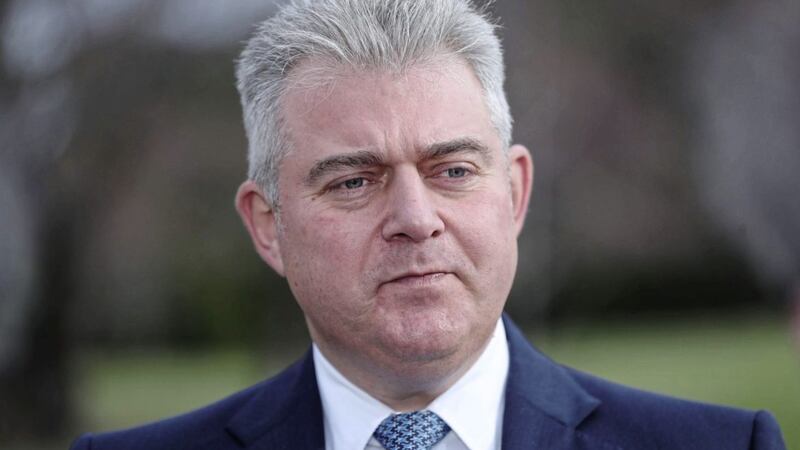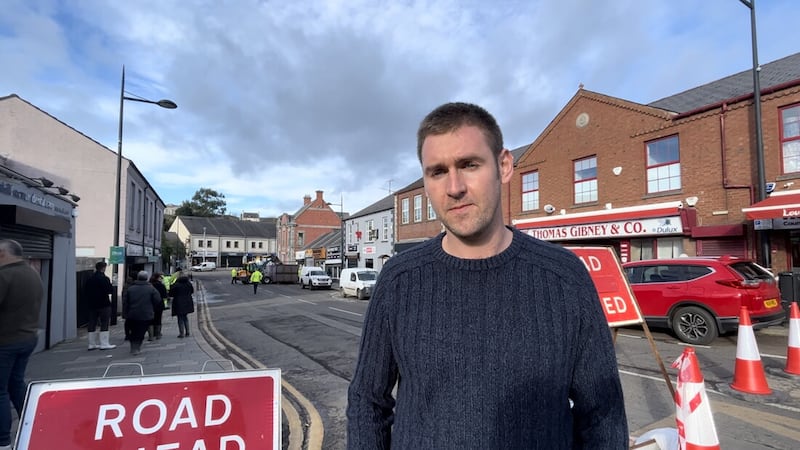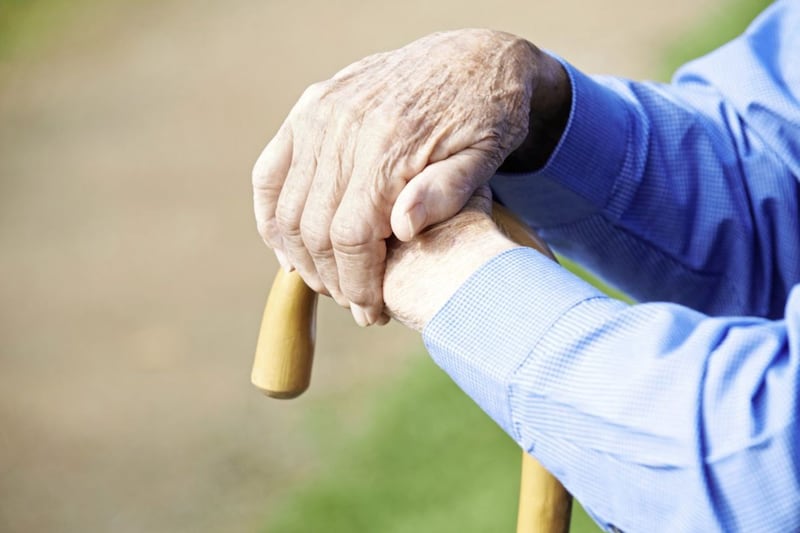BEREAVED victims of the Troubles will not be entitled to apply for the victims payment scheme - even if they have medical proof of psychological injury - unless they witnessed their loved ones' murder.
The scheme, which was legislated for in January and will provide payments of £2,000 to £10,000 every year for victims, has been delayed over a Stormont dispute over whether former paramilitaries should be eligible.
Guidance issued on Friday shows how an independent board overseeing the scheme will assess eligibility. It will assess people with convictions of more than two-and-a-half years to determine if a payment is appropriate.
But it has also emerged that partners or children of those murdered will not be eligible to apply for the pension under guidance published by the Northern Ireland Office.
To qualify for assistance under the scheme, the applicant must prove permanent disablement as a result of a conflict-related incident.
Relatives for Justice, one of the victims groups campaigning for redress, hit out at the latest guidance.
Spokesman Peadar Thompson said: "The failure to address the suffering of the bereaved has become an all too familiar feature of British-dictated legacy mechanisms, and no exception has been made for the victims payment scheme".
Read More:
- I will fight on for the young girl I was back then, says woman left traumatised by her husband's death
- Woman who lost both legs challenges bomb compensation delays
Included within this definition is permanent psychological disablement, such as Post Traumatic Stress Disorder, evidenced by a medical record proving the permanency of the psychological injury.
"The caveat for psychological injury is that it must have come about through the direct witnessing of the conflict-related incident, or its immediate aftermath," said Mr Thompson.
"No exceptions are allowed. Indeed the bereaved are addressed in the legislation in this regard.
"They are 'secondary victims' whose psychological injury sustained as a result of violent bereavement is only deemed eligible if they witnessed the killing of their relative or were in the direct aftermath.
"It is through this space, the bereaved must once again wade because, to the British government it is not enough to have lost a loved one, and it is not enough to be crippled by grief," he said.
Mr Thompson said even those who did witness their loved ones murder will be forced to evidence their injury, even though in many cases physiological disorders were not properly recognised or recorded at the time.
"The bereaved are forced to run to counsellors and to doctors for medical records which are few and far between, in attempts at proving that the killing of their loved one has left them with a life-long debilitating psychological injury," he said.
"And even if a select few can prove that, organisations such as RFJ are left explaining to grieving parents that they will not be included in this scheme because even though they may have evidence of PTSD, they did not witness their child being killed".
Guidance relating to the pension was published on Friday by the NIO after a delay with Sinn Féin arguing the scheme is discriminatory and is weighted in favour of those on the side of the state.
Mr Thompson said: "It is astonishing that bereavement is in and of itself not considered a qualification of victimhood deserving of tangible recognition by the state where conflict disproportionately raged in communities already economically deprived and neglected.
"The long-term economic impact of violent bereavement is a devastation that has never been measured, indeed, the compensation courts charged with such measurement often heaped grave insult on irreparable injury", Mr Thompson added.








